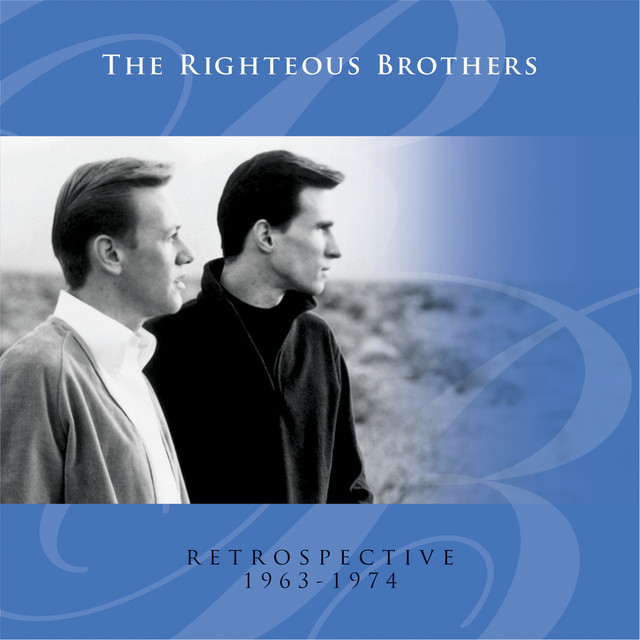
About the song
Ah, Little Latin Lupe Lu by The Righteous Brothers. A song that, while it may not have topped the charts in 1963, holds a significant place in American music history. It’s a story of love, adoration, and a captivating woman, all wrapped up in a sound that helped define what we now call blue-eyed soul.
---> Scroll down for the VIDEO
Now, The Righteous Brothers, a duo consisting of Bill Medley and Bobby Hatfield, were far from newcomers by the time Little Latin Lupe Lu hit the airwaves. They had been performing together for several years, honing their sound in doo-wop groups and small clubs. However, it was Little Latin Lupe Lu, penned by a young Bill Medley himself at the tender age of 19, that became their breakout hit.
There’s a certain charm to the song’s simplicity. The lyrics, though lighthearted and focused on the physical beauty and dance moves of “Lupe,” showcase a young Medley’s knack for melody and storytelling. The call-and-response format, a staple of doo-wop, is woven seamlessly into the rhythm and blues influences that were starting to permeate popular music.
---> Scroll down for the VIDEO
But what truly elevates Little Latin Lupe Lu is the vocal delivery of The Righteous Brothers. Bill Medley’s rich baritone lays the foundation, while Bobby Hatfield’s soaring tenor adds a layer of yearning and emotion. Their interplay, a hallmark of their career, is already present here, showcasing the raw talent that would soon become legendary.
The impact of Little Latin Lupe Lu goes beyond its chart performance. It secured The Righteous Brothers a national recording contract and paved the way for a string of hits that would solidify their place in musical history. The song’s influence can also be felt in the rise of blue-eyed soul, a genre dominated by white singers performing with a soulful edge. Artists like Frankie Valli and The Four Seasons, and even a young Tom Jones, all owe a debt to the sound pioneered by The Righteous Brothers in Little Latin Lupe Lu.
So, while Little Latin Lupe Lu may not be their most well-known song, it’s a crucial piece of musical history. It’s a testament to the power of a catchy melody, a captivating vocal performance, and the raw talent that can launch a legendary career. It’s a song that deserves its place in the pantheon of American music, a reminder of a simpler time when a love song about a beautiful dancer could spark a musical revolution.